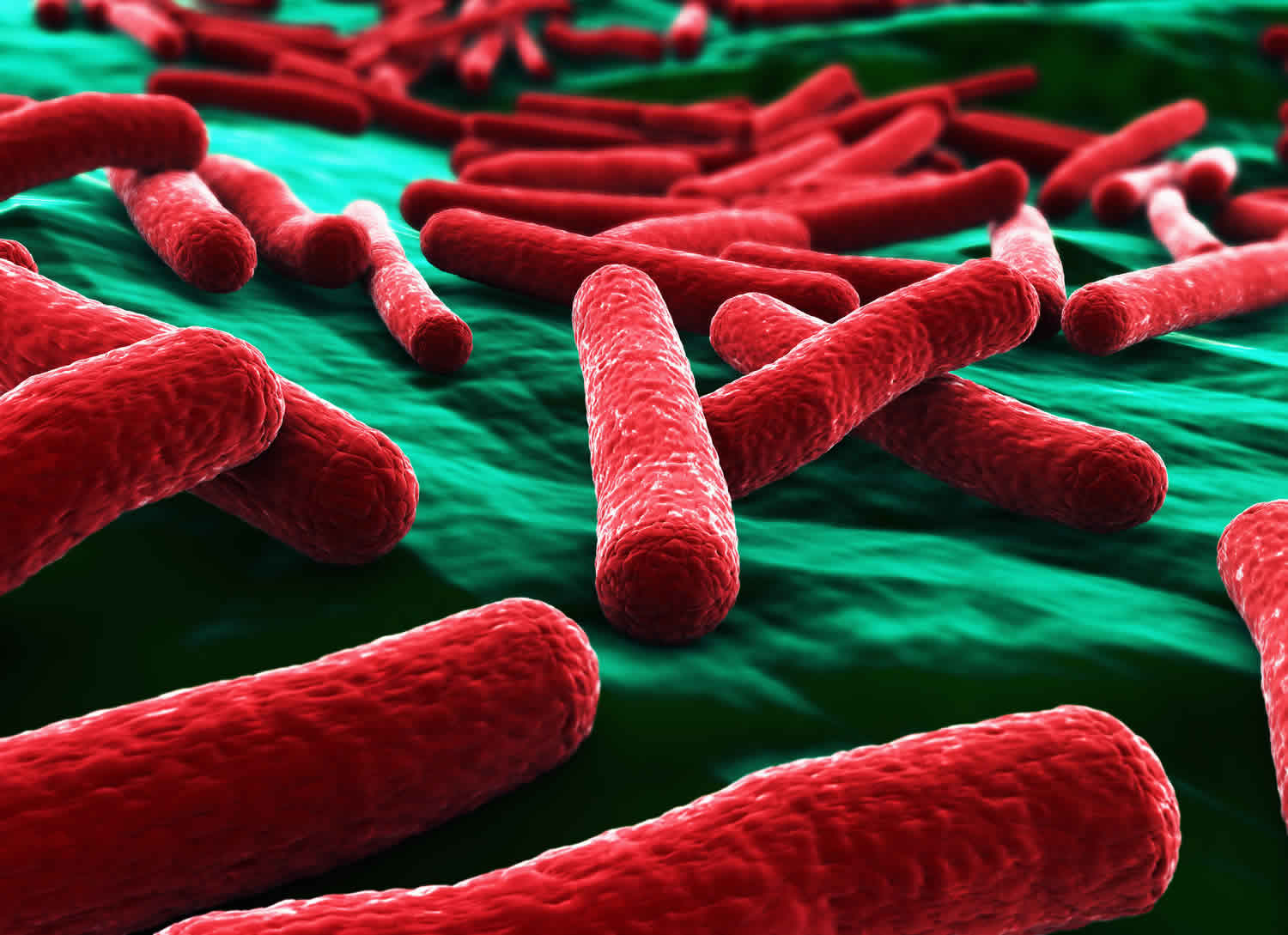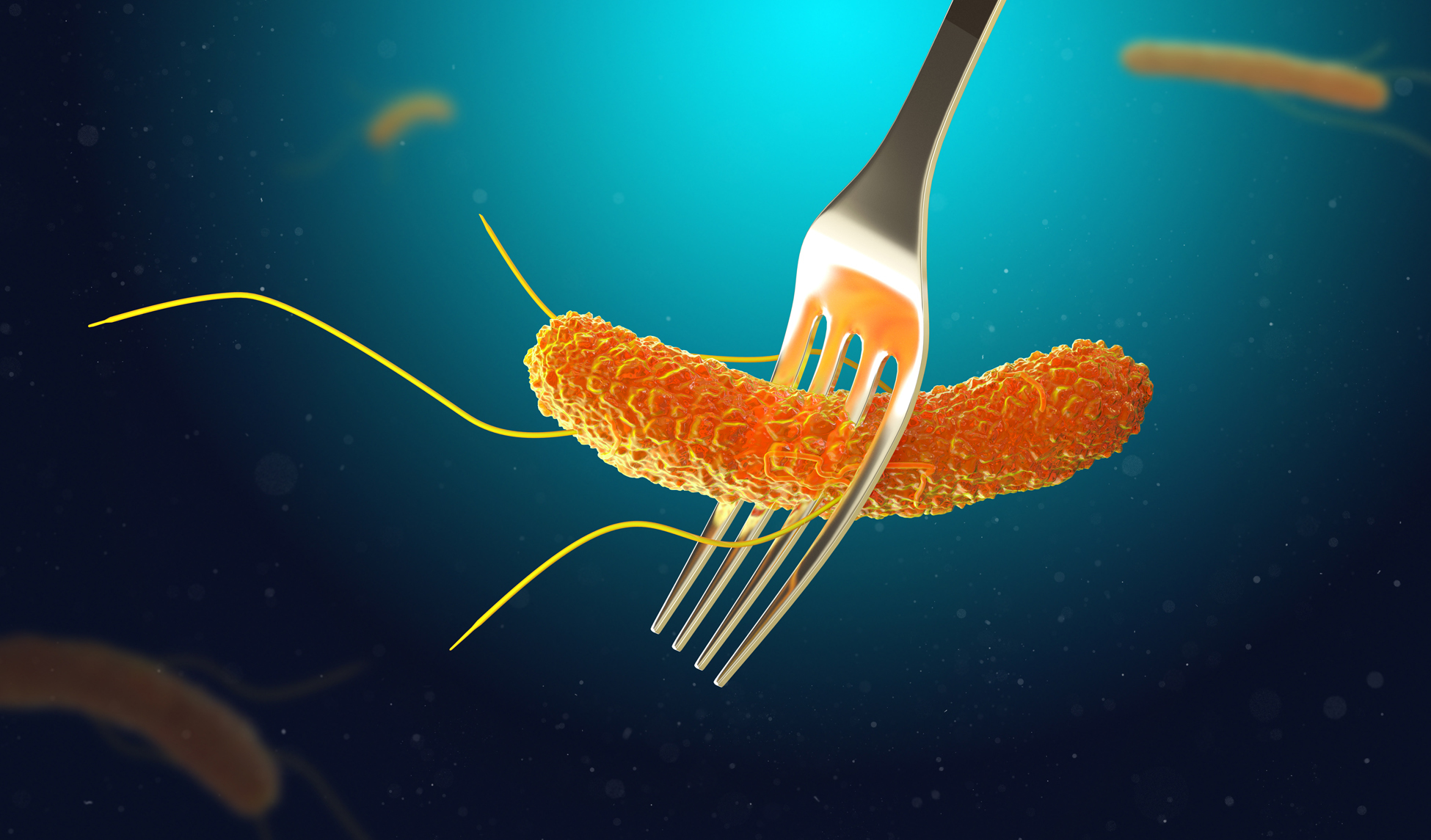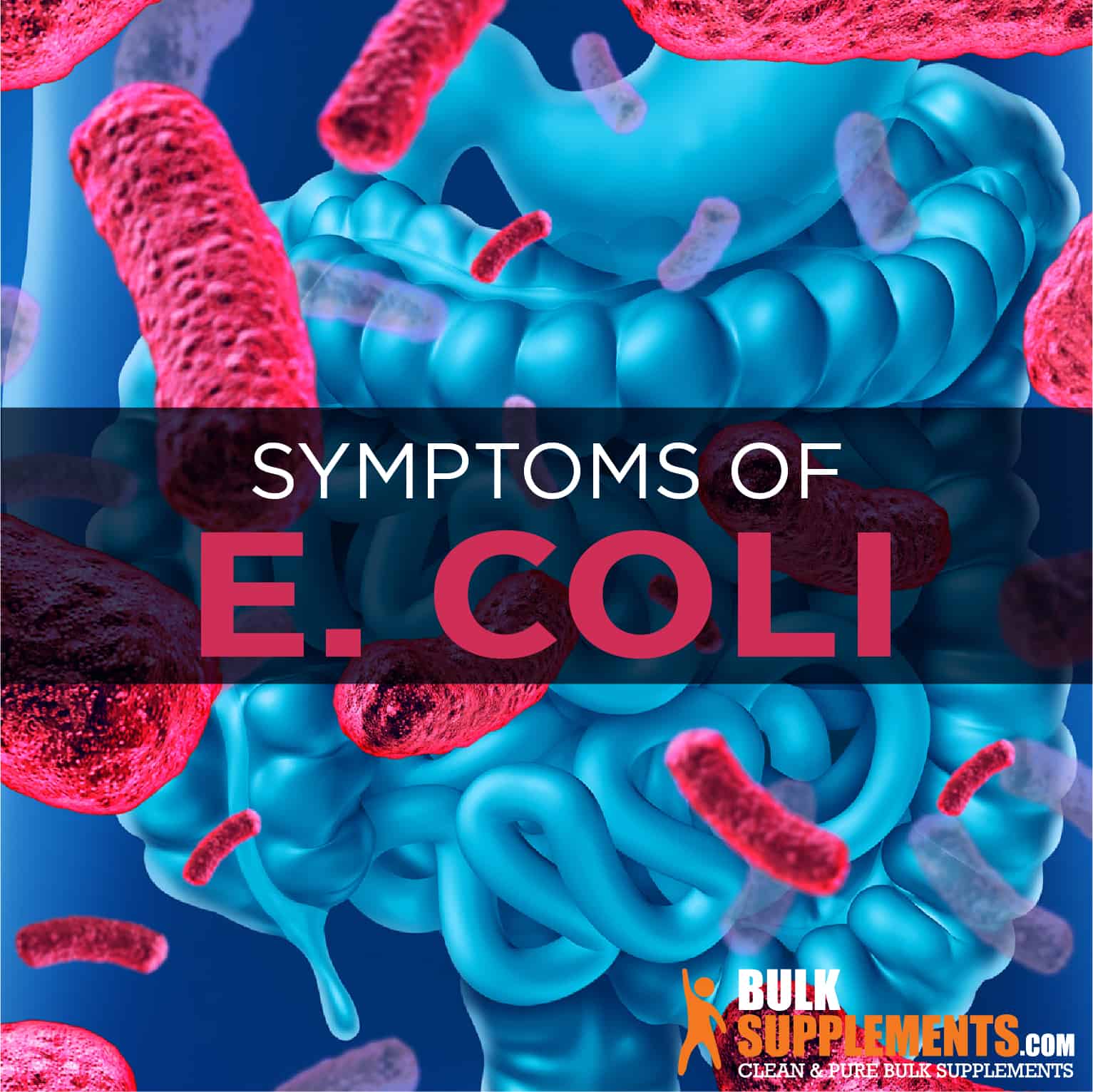Common Symptoms of E. coli Infection

E coli symptoms – E. coli infection, caused by consuming contaminated food or water, can manifest in a range of symptoms. These symptoms vary in severity and duration, and some individuals may experience more severe complications than others.
After a bout of stomach cramps, nausea, and diarrhea, it’s crucial to seek medical attention. These could be symptoms of an E. coli infection. While you’re at the clinic, you may also want to inquire about the irs stimulus check.
This financial assistance could help alleviate some of the financial burden associated with medical expenses. Even if you don’t qualify for the stimulus check, it’s still important to address your E. coli symptoms promptly to prevent further complications.
Abdominal Pain
Abdominal pain is a common symptom of E. coli infection, ranging from mild discomfort to severe cramping. The pain may be localized to a specific area of the abdomen or more generalized. It can persist for several days or even weeks.
E. coli symptoms can range from mild to severe, and include abdominal cramps, diarrhea, nausea, and vomiting. In some cases, E. coli can also cause more serious complications, such as kidney failure or hemolytic uremic syndrome. If you think you may have E.
coli, it is important to see a doctor right away. If you are a fan of basketball, you may also be interested in the stephen curry trade rumors that have been circulating lately. Curry is one of the best players in the NBA, and it would be a major shakeup if he were to be traded.
Regardless, it is important to be aware of the symptoms of E. coli and to seek medical attention if you think you may have been infected.
Diarrhea
Diarrhea is another hallmark symptom of E. coli infection. The stools may be watery, bloody, or contain mucus. Diarrhea can be severe and lead to dehydration if not treated promptly.
Nausea and Vomiting
Nausea and vomiting are common symptoms of E. coli infection, often accompanying abdominal pain and diarrhea. Nausea can range from mild discomfort to severe, while vomiting may occur frequently or infrequently.
Fever
Fever is a common symptom of E. coli infection, although it may not be present in all cases. The fever can range from low-grade to high-grade and may persist for several days.
Potential Complications
In severe cases, E. coli infection can lead to serious complications, including:
- Hemolytic uremic syndrome (HUS): A condition that affects the kidneys and can lead to kidney failure.
- Sepsis: A life-threatening condition caused by the body’s overwhelming response to infection.
- Meningitis: An inflammation of the membranes surrounding the brain and spinal cord.
Diagnostic Methods for E. coli: E Coli Symptoms

Identifying an E. coli infection requires accurate diagnostic methods. Stool culture, blood test, and urine analysis are commonly used to detect the presence of E. coli bacteria.
Stool Culture
Stool culture is the most common method for diagnosing E. coli infection. A stool sample is collected and cultured in a laboratory to identify the presence of E. coli bacteria. This method is highly accurate, but it can take several days to obtain results.
Blood Test
A blood test can detect the presence of E. coli bacteria in the bloodstream. This method is used when a person has severe symptoms, such as fever, chills, and abdominal pain. Blood tests can provide results more quickly than stool cultures, but they are less sensitive.
Urine Analysis
Urine analysis can detect the presence of E. coli bacteria in the urine. This method is used when a person has urinary tract symptoms, such as burning or pain during urination. Urine analysis is less accurate than stool culture, but it can provide results more quickly.
Early diagnosis and treatment of E. coli infection are essential to prevent complications. If you have symptoms of E. coli infection, it is important to see a doctor right away.
Treatment Options for E. coli Infection

Treating E. coli infection involves a combination of antibiotics, hydration, and supportive care. The choice of antibiotics depends on the specific strain of E. coli and its susceptibility to different medications.
Antibiotics
- Fluoroquinolones: Commonly used antibiotics that are effective against most E. coli strains, including Ciprofloxacin and Levofloxacin.
- Trimethoprim-sulfamethoxazole (TMP-SMX): Another effective antibiotic, particularly for uncomplicated E. coli infections.
- Nitrofurantoin: An antibiotic specifically used for treating urinary tract infections caused by E. coli.
The effectiveness of antibiotics varies depending on the strain of E. coli and the individual patient’s response. Side effects may include nausea, vomiting, diarrhea, and allergic reactions.
Hydration
Adequate hydration is crucial for flushing out bacteria from the urinary tract and preventing dehydration, which can worsen symptoms. Patients are encouraged to drink plenty of fluids, especially water.
Supportive Care, E coli symptoms
Supportive care measures may include pain relievers to alleviate abdominal pain and fever, antidiarrheal medications to reduce diarrhea, and rest to promote recovery.
Adhering to the prescribed treatment plan is essential for complete recovery. Patients should take antibiotics as directed, even if symptoms improve, to prevent the development of antibiotic resistance and ensure the eradication of the infection.
The symptoms of E. coli can range from mild to severe, and in some cases, can even be life-threatening. These symptoms can include abdominal pain, diarrhea, nausea, vomiting, and fever. If you are experiencing any of these symptoms, it is important to seek medical attention immediately.
Josh Gibson’s wife was a strong and supportive woman who stood by her husband through thick and thin. She was a true partner in every sense of the word, and her love and support helped Josh to achieve great things in his life.
The symptoms of E. coli can be very serious, so it is important to be aware of them and to seek medical attention if you are experiencing any of them.
E. coli infections can manifest with symptoms ranging from mild abdominal cramps to severe diarrhea. While seeking medical attention is crucial, you might find solace in the enchanting world of nicole kidman practical magic. However, it’s imperative to return to the reality of E.
coli symptoms, which can include fever, nausea, and vomiting. Ignoring these signs can lead to serious complications, so don’t hesitate to consult a healthcare professional.
E. coli, a bacterial infection, can cause severe abdominal pain, diarrhea, and fever. If left untreated, it can lead to serious complications. However, timely diagnosis and treatment can prevent these complications. One such treatment option is available at Rickwood Field , a renowned medical facility specializing in E.
coli treatment. With advanced medical equipment and experienced professionals, Rickwood Field offers comprehensive care to patients suffering from E. coli symptoms, ensuring their speedy recovery and well-being.